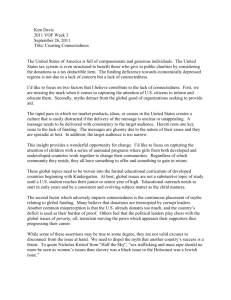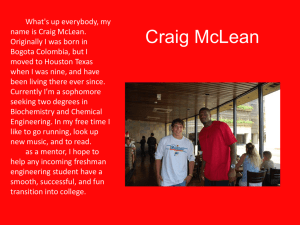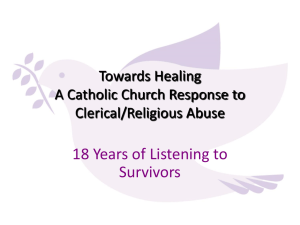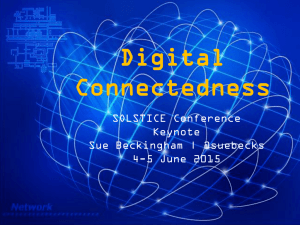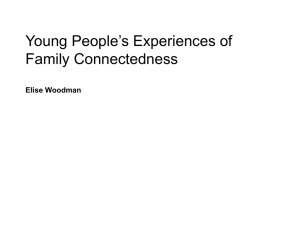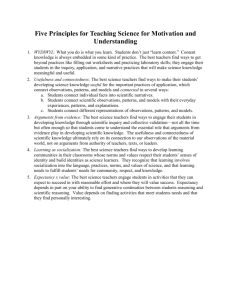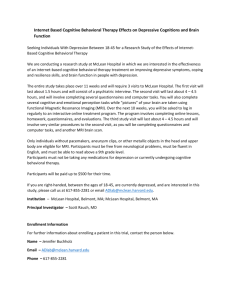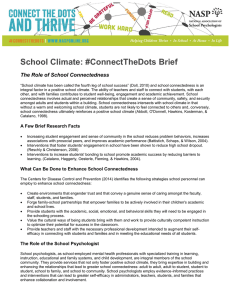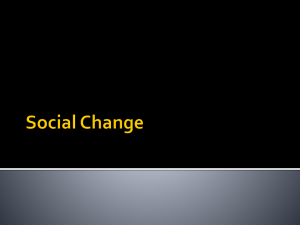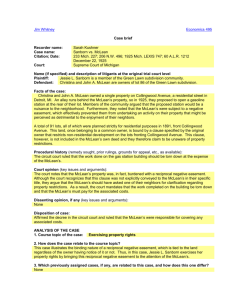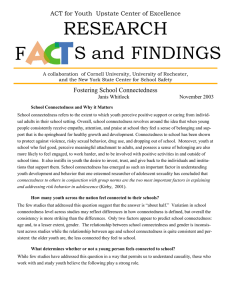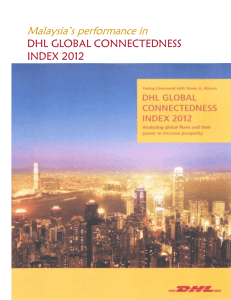'Connectedness' to Conflict
advertisement
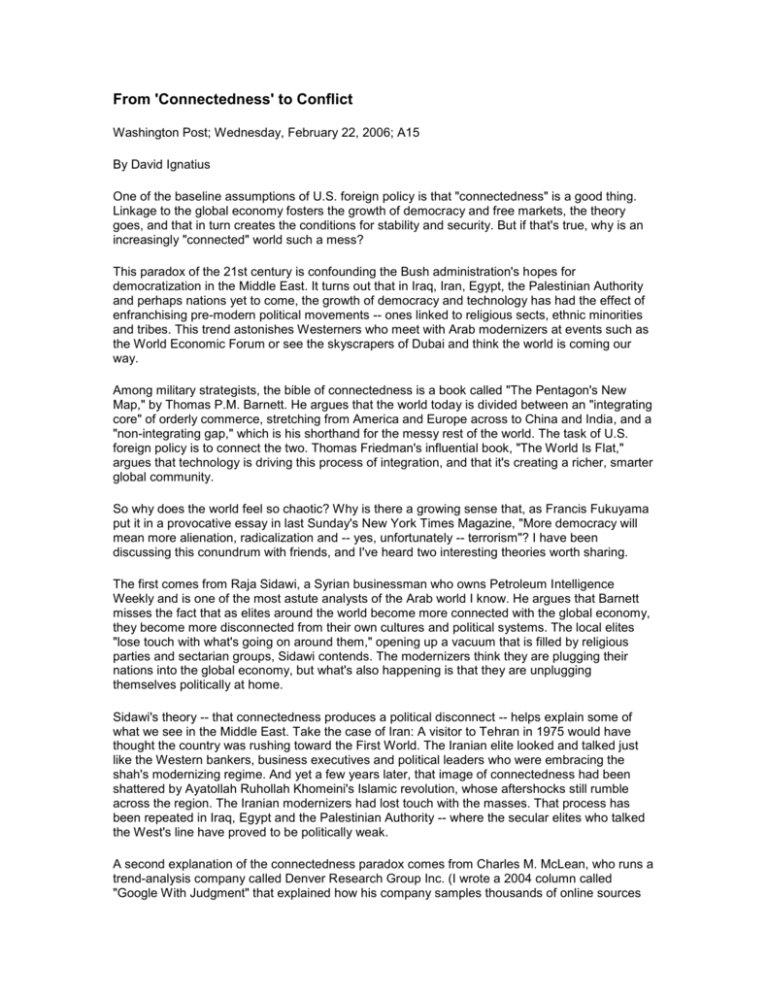
From 'Connectedness' to Conflict Washington Post; Wednesday, February 22, 2006; A15 By David Ignatius One of the baseline assumptions of U.S. foreign policy is that "connectedness" is a good thing. Linkage to the global economy fosters the growth of democracy and free markets, the theory goes, and that in turn creates the conditions for stability and security. But if that's true, why is an increasingly "connected" world such a mess? This paradox of the 21st century is confounding the Bush administration's hopes for democratization in the Middle East. It turns out that in Iraq, Iran, Egypt, the Palestinian Authority and perhaps nations yet to come, the growth of democracy and technology has had the effect of enfranchising pre-modern political movements -- ones linked to religious sects, ethnic minorities and tribes. This trend astonishes Westerners who meet with Arab modernizers at events such as the World Economic Forum or see the skyscrapers of Dubai and think the world is coming our way. Among military strategists, the bible of connectedness is a book called "The Pentagon's New Map," by Thomas P.M. Barnett. He argues that the world today is divided between an "integrating core" of orderly commerce, stretching from America and Europe across to China and India, and a "non-integrating gap," which is his shorthand for the messy rest of the world. The task of U.S. foreign policy is to connect the two. Thomas Friedman's influential book, "The World Is Flat," argues that technology is driving this process of integration, and that it's creating a richer, smarter global community. So why does the world feel so chaotic? Why is there a growing sense that, as Francis Fukuyama put it in a provocative essay in last Sunday's New York Times Magazine, "More democracy will mean more alienation, radicalization and -- yes, unfortunately -- terrorism"? I have been discussing this conundrum with friends, and I've heard two interesting theories worth sharing. The first comes from Raja Sidawi, a Syrian businessman who owns Petroleum Intelligence Weekly and is one of the most astute analysts of the Arab world I know. He argues that Barnett misses the fact that as elites around the world become more connected with the global economy, they become more disconnected from their own cultures and political systems. The local elites "lose touch with what's going on around them," opening up a vacuum that is filled by religious parties and sectarian groups, Sidawi contends. The modernizers think they are plugging their nations into the global economy, but what's also happening is that they are unplugging themselves politically at home. Sidawi's theory -- that connectedness produces a political disconnect -- helps explain some of what we see in the Middle East. Take the case of Iran: A visitor to Tehran in 1975 would have thought the country was rushing toward the First World. The Iranian elite looked and talked just like the Western bankers, business executives and political leaders who were embracing the shah's modernizing regime. And yet a few years later, that image of connectedness had been shattered by Ayatollah Ruhollah Khomeini's Islamic revolution, whose aftershocks still rumble across the region. The Iranian modernizers had lost touch with the masses. That process has been repeated in Iraq, Egypt and the Palestinian Authority -- where the secular elites who talked the West's line have proved to be politically weak. A second explanation of the connectedness paradox comes from Charles M. McLean, who runs a trend-analysis company called Denver Research Group Inc. (I wrote a 2004 column called "Google With Judgment" that explained how his company samples thousands of online sources to assess where global opinion is heading.) I asked McLean last week if he could explain the latest explosion of rage in our connected world -- namely the violent Islamic reaction to Danish cartoon images of the prophet Muhammad. McLean argues that the Internet is a "rage enabler." By providing instant, persistent, real-time stimuli, the new technology takes anger to a higher level. "Rage needs to be fed or stimulated continually to build or maintain it," he explains. The Internet provides that instantaneous, persistent poke in the eye. What's more, it provides an environment in which enraged people can gather at cause-centered Web sites and make themselves even angrier. The technology, McLean notes, "eliminates the opportunity for filtering or rage-dissipating communications to intrude." I think McLean is right. And you don't have to travel to Cairo to see how the Internet fuels rage and poisons reasoned debate. Just take a tour of the American blogosphere. The connected world is inescapable, like the global economy itself. But if we can begin to understand how it undermines political stability -- how it can separate elites from masses, and how it can enhance rage rather than reason -- then perhaps we will have a better chance of restabilizing a very disorderly world they alone will not get to settle.
